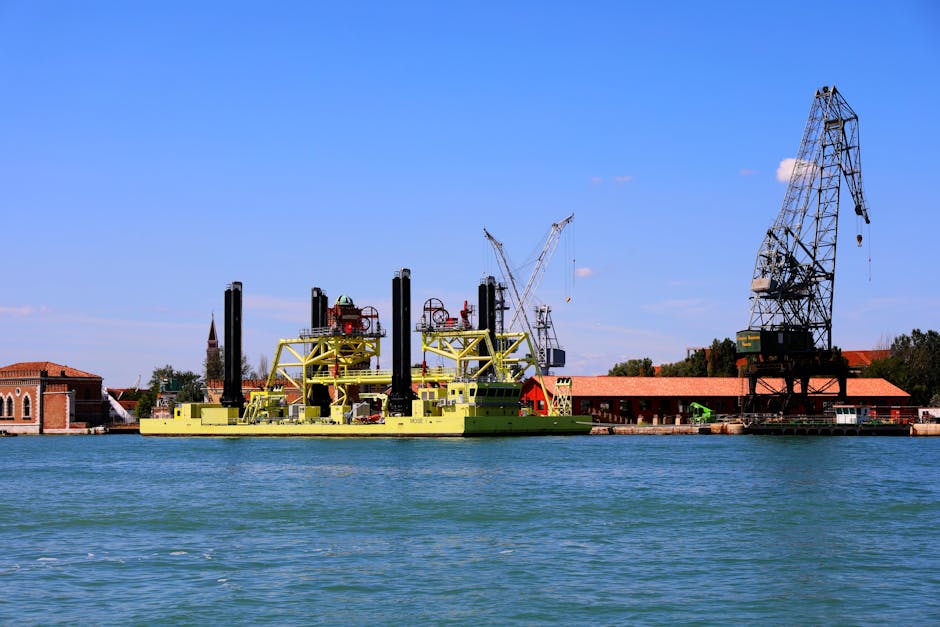-
IMEC Overview: The India-Middle East-Europe Economic Corridor (IMEC) is a transcontinental initiative aimed at redefining global trade and strengthening economic cooperation.
-
Strategic Importance: It is a multi-modal connectivity project launched during the G20 Summit 2023, involving India, US, Saudi Arabia, UAE, France, Germany, Italy, and the EU. It is also a part of the Partnership for Global Infrastructure and Investment (PGII).
-
Objective: To create an integrated network of ports, railways, roads, energy pipelines, and digital infrastructure linking India, the Middle East, and Europe, promoting trade.
-
Economic Benefits: IMEC aims to reduce logistics costs by up to 30% and transportation time by 40%, enhancing the competitiveness of Indian exports.
-
Energy Cooperation: Facilitates the harnessing of solar and green hydrogen power from the Middle East, aligning with India’s OSOWOG initiative and promoting a transition to a low-carbon economy. Includes clean energy infrastructure and undersea cables.
-
PPP Model: Union Minister Piyush Goyal advocates viewing IMEC through a Public-Private Partnership (PPP) lens for efficiency and financial viability.
-
Regulatory Connectivity: Focus on aligning trade processes, customs procedures, and paperwork among participating nations, drawing from examples like the India-UAE Virtual Trade Corridor.
-
Innovative Financing: Calls for active involvement of multilateral financial agencies and exploring instruments like green bonds and “IMEC Bonds” to fund the infrastructure sustainably.
-
Industry Engagement: Recommends active engagement with industry bodies and trade associations to ensure the corridor aligns with businesses’ real needs.
-
Think Tank Involvement: Proposes bringing in Think Tanks and Academia to the visioning and design process for creativity, research, and long-term thinking.
